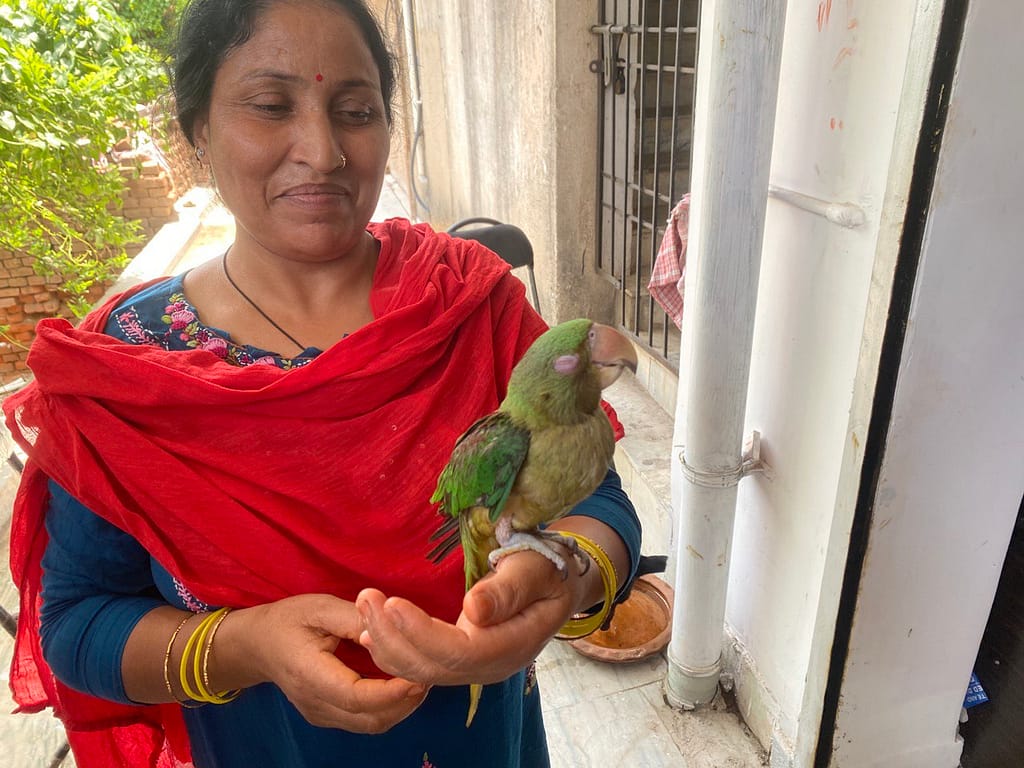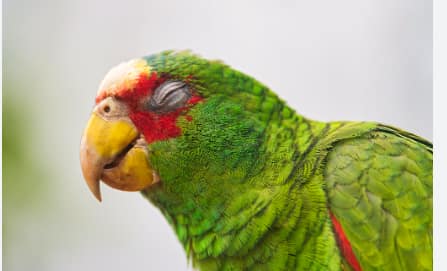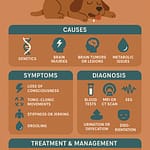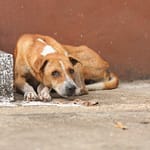Common Cause
Conjunctivitis in Companion Parrots
Conjunctivitis is a common eye condition in companion parrots. It’s characterized by inflammation of the conjunctiva, the clear membrane covering the white part of the eye and the inner surface of the eyelids.
Causes of Conjunctivitis in Parrots
Various factors can lead to conjunctivitis in parrots, including:
- Infections:
- Bacterial: Bacteria such as Mycobacterium spp., Chlamydia psittaci, Mycoplasma spp., E. coli, Staphylococcus spp., Streptococcus spp., Pasteurella multocida, Pseudomonas aeruginosa, and Actinobacillus spp. can cause conjunctivitis. Systemic bacterial infections can also affect the eyes.
- Viral: Viruses like poxvirus, herpesvirus, goose parvovirus, papovavirus, and adenovirus can lead to conjunctivitis.
- Fungal: Fungi, particularly Cryptococcus neoformans, can infect the eye structures.
- Parasitic: Parasites like Oxyspirura mansoni and Philophthalmus spp. can cause irritation and inflammation.
- Trauma: Physical injuries to the eye can lead to conjunctivitis.
- Immune-mediated Diseases: Autoimmune disorders can cause the body to attack the eye tissues.
- Foreign Bodies: Objects like feathers, seeds, or debris can get trapped in the eye, causing irritation.
- Toxic Substances: Exposure to certain chemicals or irritants can irritate the eyes.
Symptoms of Conjunctivitis in Parrots
Common symptoms of conjunctivitis in parrots include:
- Redness of the conjunctiva
- Swelling of the eyelids
- Excessive tearing
- Squinting
- Sensitivity to light
- Discharge from the eyes (clear, cloudy, or pus-like)
Treatment of Conjunctivitis in Parrots
Treatment for conjunctivitis in parrots depends on the underlying cause. In general, treatment may involve:
- Antibiotics: To treat bacterial infections.
- Antiviral Medications: To treat viral infections.
- Antifungal Medications: To treat fungal infections.
- Anti-inflammatory Medications: To reduce inflammation and discomfort.
- Cleaning the Eyes: To remove debris and discharge.
- Surgery: In severe cases, surgery may be necessary to remove foreign bodies or repair damaged tissues.
Prevention of Conjunctivitis in Parrots
While it’s not always possible to prevent conjunctivitis, the following tips can help reduce the risk:
- Good Hygiene: Maintain a clean environment for your parrot, including its cage and toys.
- Regular Veterinary Check-ups: Schedule regular check-ups to detect and treat any eye problems early.
- Avoid Exposure to Irritants: Keep your parrot away from smoke, dust, and other irritants.
- Proper Nutrition: Ensure your parrot’s diet is balanced and nutritious.
If you notice any signs of conjunctivitis in your parrot, it’s important to consult with an avian veterinarian for proper diagnosis and treatment.
Immediate steps:
- Check if there’s any visible discharge, swelling, or injury around the eye
- Note how long the eye has been closed and if the bird is showing other symptoms (lethargy, reduced appetite, fluffed feathers)
- Keep the bird warm and quiet in a clean environment
- Make sure fresh water and food are easily accessible

Important: Take your parrot to an avian veterinarian as soon as possible. A closed eye can indicate:
- Eye infection
- Injury
- Foreign object in the eye
- Upper respiratory infection
- More serious underlying health issues
While waiting for the vet appointment:
- Don’t try to force the eye open
- Don’t apply any over-the-counter medications without veterinary approval
- Monitor your bird’s eating and drinking
- Keep other birds separated if you have multiple pets
- Applying warm saline water might help: Only use sterile saline solution (like the type made for contact lenses) Never use tap water or homemade saline Use only a very gentle stream or drip to rinse the outside of the eye area Don’t force the eye open or apply pressure Use clean cotton balls or sterile gauze to gently dab (not wipe) excess moisture However, I strongly recommend AGAINST treating this at home because:
- The underlying cause is unknown – what seems like a simple irritation could be serious
- Birds’ eyes are extremely delicate
- Incorrect treatment could make the problem worse
- Birds can hide symptoms until conditions become severe
- If you see tearing/discharge:
- Keep the area clean but DO NOT wipe directly
- Use a clean, soft cloth to gently dab (not rub) around the eye area
- Keep your bird warm and quiet
- Monitor for changes in behavior or worsening symptoms
This condition requires professional medical attention – I recommend speaking with an avian vet for proper diagnosis and treatment. Eye problems in birds can become serious quickly if left untreated.

Dr. Suranjan Sarkar is a veterinarian and also a writer and editor for both print and digital with a love for travel, animal, and architecture. Much of his writing has focused on human and animal health and welfare. A life-long pet owner, His two favorite canine quotes are, “Be the kind of person your dog thinks you are,” and “Dogs communicate their feelings honestly and directly. There’s no hidden agenda or manipulation.”









